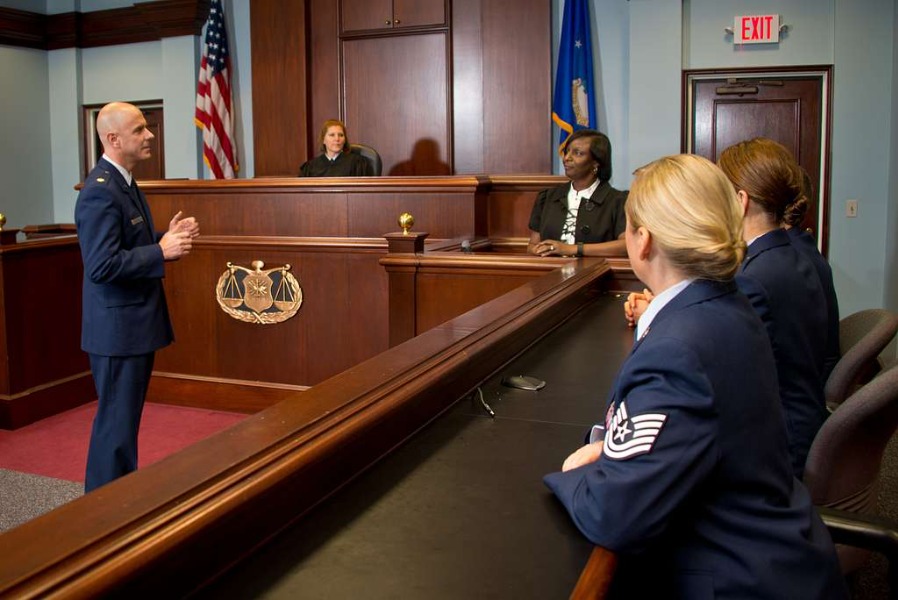Homeland Confusion -- Reforming Congressional Oversight Of DHS
Last September, the Annenberg Public Policy Center (in conjunction with the Aspen Institute) released a Task Force report on Streamlining and Consolidating Congressional Oversight of the US Department of Homeland Securi
Published by The Lawfare Institute
in Cooperation With

Last September, the Annenberg Public Policy Center (in conjunction with the Aspen Institute) released a Task Force report on Streamlining and Consolidating Congressional Oversight of the US Department of Homeland Security. The report made a powerful case for the proposition that Congress's failure to reform its oversight of the Department created a significant risk of homeland security failures. As the Report concluded at the time:
While the failure to reform DHS oversight may be invisible to the public, it is not without consequence or risk. Fragmented [Congresssional] jurisdiction impedes DHS’ ability to deal with three major vulnerabilities: the threats posed by small aircraft and boats; cyberattacks; and biological weapons.I couldn't agree more [indeed, full disclosure, a paper I wrote on the subject was cited by the Report and I was asked to provide some earlier support to the task force]. It makes absolutely no sense that, as Secretary Tom Ridge has said, during the height of the Iraq and Afghanistan wars, he was required by the proliferation of oversight committees to testify on the Hill more frequently than the Secretary of Defense. Earlier today the Center followed up on the Task Force report with the release of a new short film on the subject: "Homeland Confusion." According to the release:
The film argues that Congress can exercise one of its strongest roles in protecting Americans through clear, direct oversight of homeland security. Yet more than 100 committees and subcommittees currently claim jurisdiction over the U.S. Department of Homeland Security – three times as many as supervise the Defense Department. The movie “Homeland Confusion” looks at how and why fragmented Congressional oversight of the Department of Homeland Security leaves our nation more vulnerable than it might otherwise be to the threat of cyber-, biological, and chemical attack.To be honest, I am not optimistic about reform in Congress. But efforts like this bipartisan call for modifying the current structure of Congressional oversight of DHS are the best possible way this can be made to happen.
Paul Rosenzweig is the founder of Red Branch Consulting PLLC, a homeland security consulting company and a Senior Advisor to The Chertoff Group. Mr. Rosenzweig formerly served as Deputy Assistant Secretary for Policy in the Department of Homeland Security. He is a Professorial Lecturer in Law at George Washington University, a Senior Fellow in the Tech, Law & Security program at American University, and a Board Member of the Journal of National Security Law and Policy.





